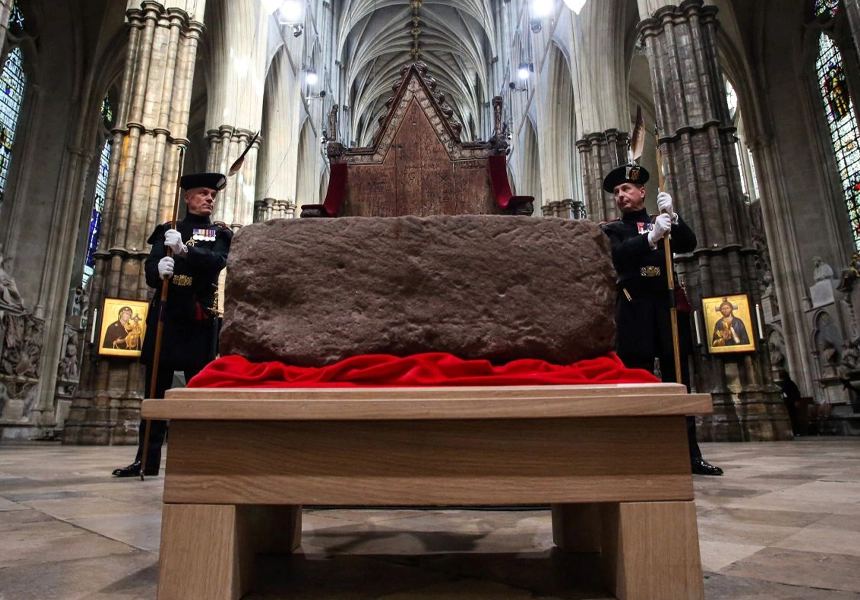Friday, April 11th "2025" Daily Prep

Todays birthdays
1960 – Jeremy Clarkson (65), English television presenter (Top Gear, The Grand Tour) and journalist (The Sunday Times, The Sun), born in Doncaster, South Yorkshire.
The day today
1961 – The trial began, in Israel, of Adolf Eichmann, accused of helping Hitler in his plan to exterminate the Jews. He faced 15 charges, including crimes against humanity, crimes against the Jewish people and war crimes.
1970 – Apollo 13 was launched successfully but ran into difficulties two days later. The famous line “Houston, we’ve had a problem here” was said and is usually misquoted today.
Today in history
1606 – The Union Flag, precursor to the Union Jack, was adopted as the national flag of Great Britain. The original Union Flag was introduced as a maritime flag and in 1634, a Royal Proclamation laid down that the Union Flag was reserved for His Majesty’s Ships of War. When the ‘Union Jack’ was first introduced in 1606, it was known simply as ‘the British flag’ or ‘the flag of Britain’.